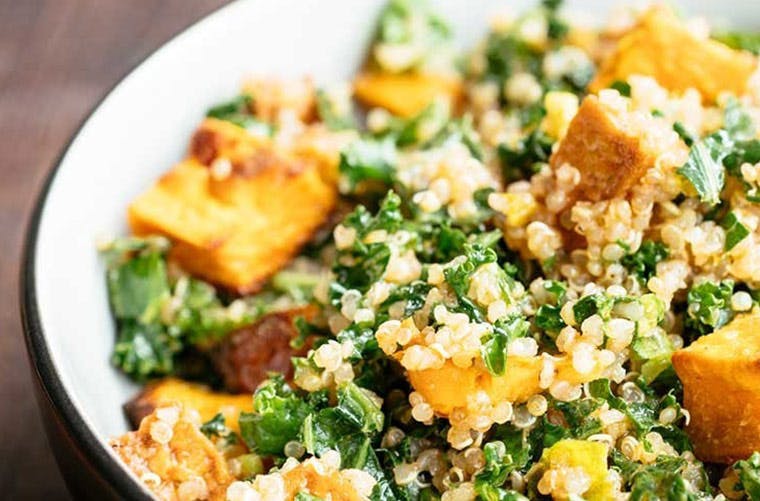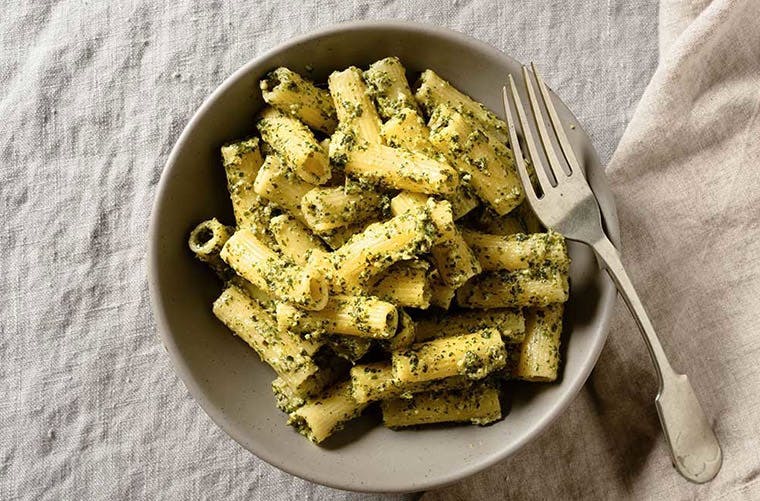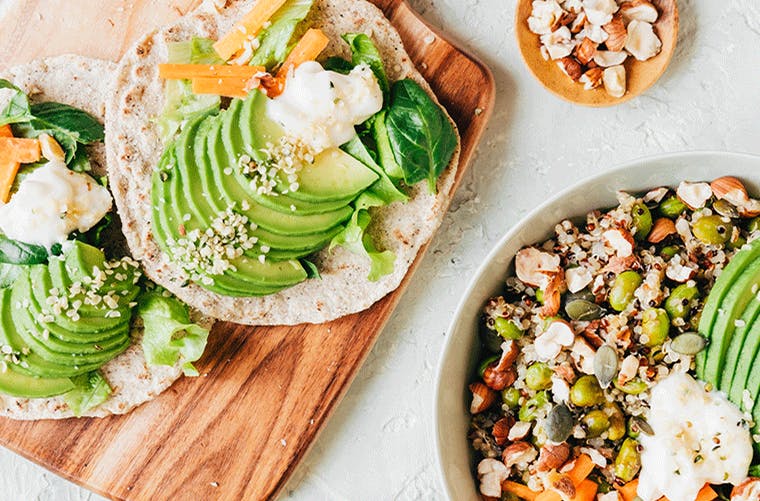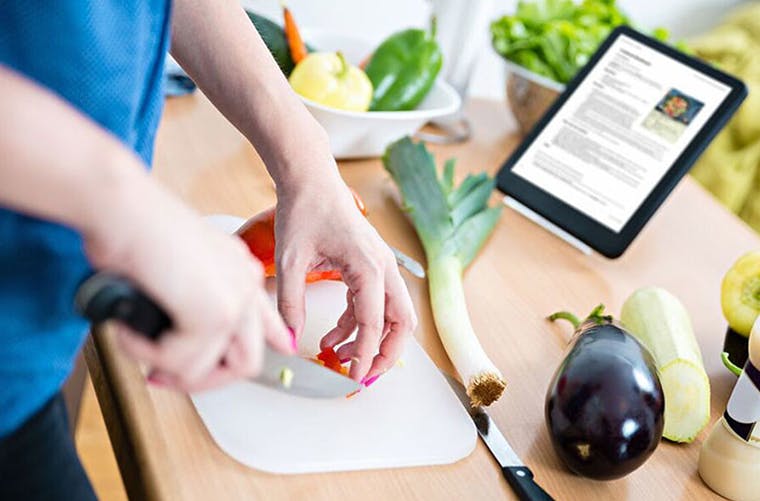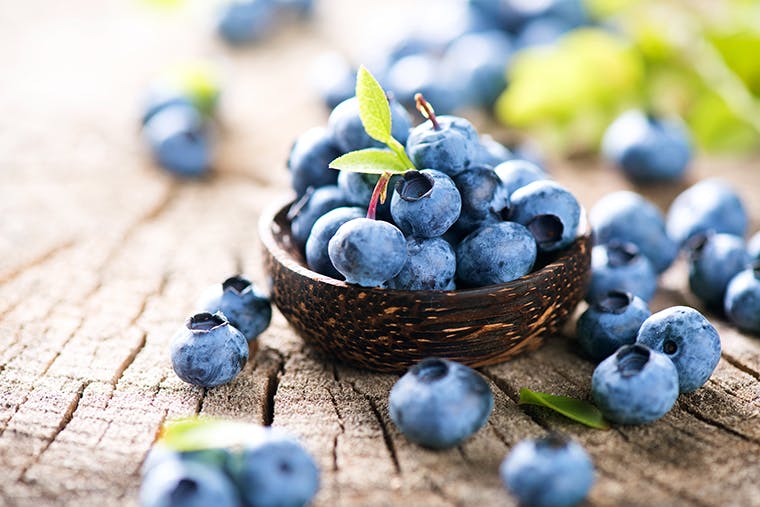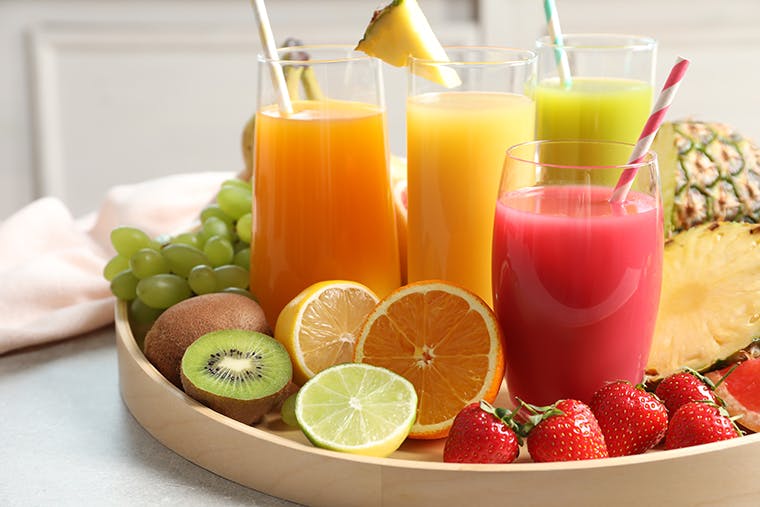HERE’S WHAT TO KEEP IN A GUT-FRIENDLY KITCHEN

When it comes to how you’re feeling, your gut does some heavy lifting. The organisms that live in your gastrointestinal tract—also called gut flora or microbiota—impact more than just your digestive system (although they help with that, too!). They also affect your immune system, so you can stay healthy. Tending to your gut health benefits your whole body, and there are lots of ways you can make that a priority. A good place to start? The kitchen. If you keep these gut-friendly items within reach, you'll be doing yourself lots of good.
PROBIOTICS.
Probiotics are beneficial live microorganisms that are similar to or even the same as the good bacteria that’s in your body. They support your gut flora, and by giving your microbiota an assist, probiotics can help with immune health, the digestive process, and vitamin production. They’re in some yogurts, kefir, and cheeses, as well as some fermented foods such as kimchi, sauerkraut, miso, and tempeh. You can also find probiotics in supplements like Emergen-C Probiotics+, which supports your body’s natural defenses. Be sure to check a product's label for an indication that it contains live, active cultures, and keep in mind that different bacteria strains have different benefits, so do your research before you buy!
PREBIOTICS.
Prebiotics, which are the indigestible parts of foods (think: dietary fibers), feed the body’s beneficial microbes, and in doing so, help improve gut health. They’re naturally in some foods like bananas, onions, garlic, and whole grains; they’re also sometimes added to yogurts, cereals, and breads. You can get the combined benefits of probiotics and prebiotics (known as synbiotics) by eating the two together: Try topping a bowl of yogurt with slices of banana, for example, or combining asparagus and tempeh.
NATURAL CLEANERS.
While many of us may have the urge to remove germs from every surface in our homes, it bears repeating that not all bacteria are bad, and powerful cleaners can wipe out the good bacteria along with the bad. One recent study followed hundreds of infants in Canada and found that when disinfectants were used more frequently in their homes, it affected the infants’ microbiotas; in particular, one specific strain of bacteria, Lachnospiraceae, was overrepresented in those infants. The bad news? The researchers found an association between elevated levels of Lachnospiraceae and higher body mass indexes. In comparison, infants who lived in homes that used eco-friendly cleaners (and had lower levels of Lachnospiraceae) remained at normal weight. Try sticking to natural cleaners, such as vinegar, baking soda, and regular old hand soap.
Find other great health and wellness stories at EatingWell.com/Strive.
© Meredith Corporation. All rights reserved.




